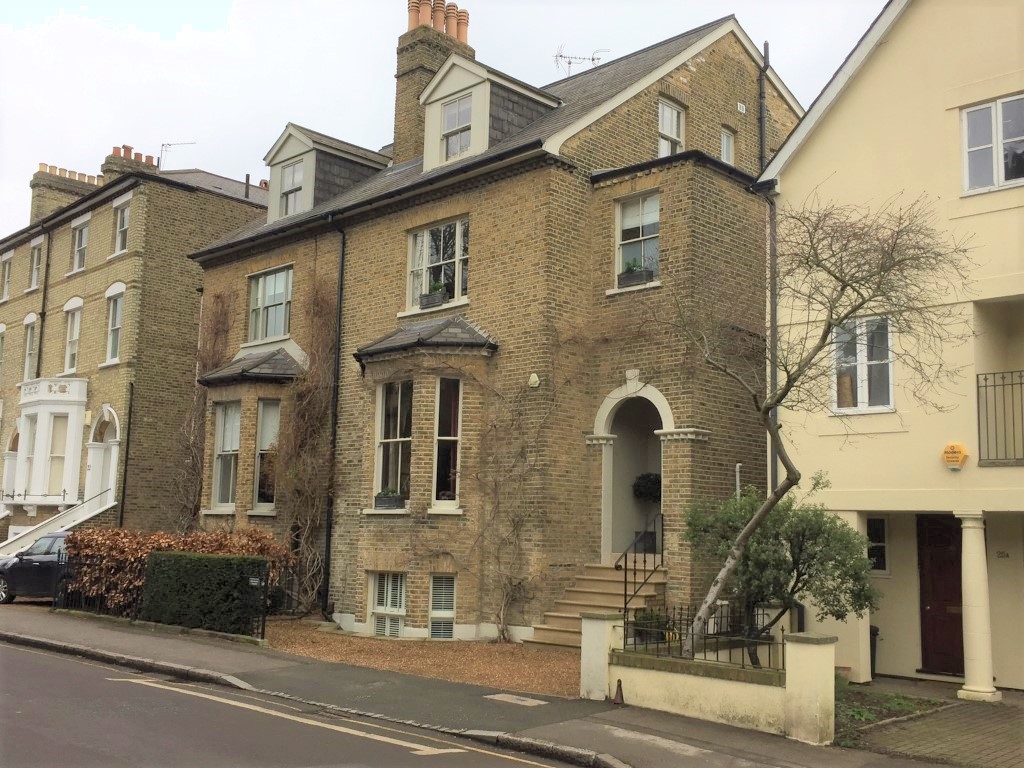
Void periods are, regrettably, an all too common occurrence for landlords. A void period is a time when the property is vacant, and a vacant property means there is no rent being paid, no rental income coming in, yet there may still be maintenance costs, insurance costs, utility bills, council tax, and possibly mortgage bills to pay. This isn’t a situation any landlord wants to be in.
Tenancies inevitably come to an end, but there are ways to make sure you keep your tenants for as long as possible. You must also make sure that when a tenancy does come to an end, you’ve already got a new tenant lined up and ready to move in.
Here are some tips on how best to prevent void periods.
1) Offer a flexible, longer-term fixed tenancy
One way of avoiding more void periods than is necessary is to encourage a good tenant to stay in the property long term. Shorter lets cost time and could cost you money. If you’ve found a reliable tenant who pays rent on time and takes care of your property, why not offer them a longer fixed term tenancy? This means you, as a landlord, are guaranteed a steady, secure rental income, while your tenant also has security.
2) Keep up with maintenance
As well as offering flexible, longer-term tenancies, a tenant is more likely to want to move somewhere else if the property is not maintained correctly. If something breaks down, whether it’s the boiler, the oven, or the shower, make sure it is fixed as soon as possible. If a tenant is happy with the service you provide as a landlord, they will be far less inclined to move elsewhere.
3) Consider the rent
Make sure you know what is happening in the local rental market, as this will help you when it comes to setting the rent. The rent must be competitive, and must appeal to prospective tenants. If you set the rent too high, you won’t attract tenants, and therefore run the risk of the property being vacant for longer.
4) Update and redecorate
A prospective tenant will doubtless find a property more appealing if it is newly-refurbished, clean and well-maintained. If the property looks like an attractive prospect, then you’re more likely to let it to someone new as soon as your current tenant finishes their tenancy. Make sure it is redecorated as and when necessary, and if any rooms need updating, such as the bathroom or kitchen, make sure this is done.
5) Keep a maintenance fund
As a landlord, it’s always important to have a separate fund you can draw on for things like maintenance repairs for your buy-to-let property. You can take a little money from the rent each month when your property is occupied, and place it in a fund. This can then be used (should you need to use it) during void periods. Void periods want to be prevented at all costs, but if you do experience a void period, this is a good time to complete any maintenance or repair work, as it’s always easier for these jobs to be carried out when the property is vacant.
Naturally, you’ll want to limit the number of void periods as this will reduce your overall returns.
However, void period costs can be a thing of the past. Denhan’s rent guarantee scheme guarantees you a fixed income for up to five years, and rent will be paid on the same day every month, even if the property is vacant. Find out more about our guaranteed rent scheme for London landlords.